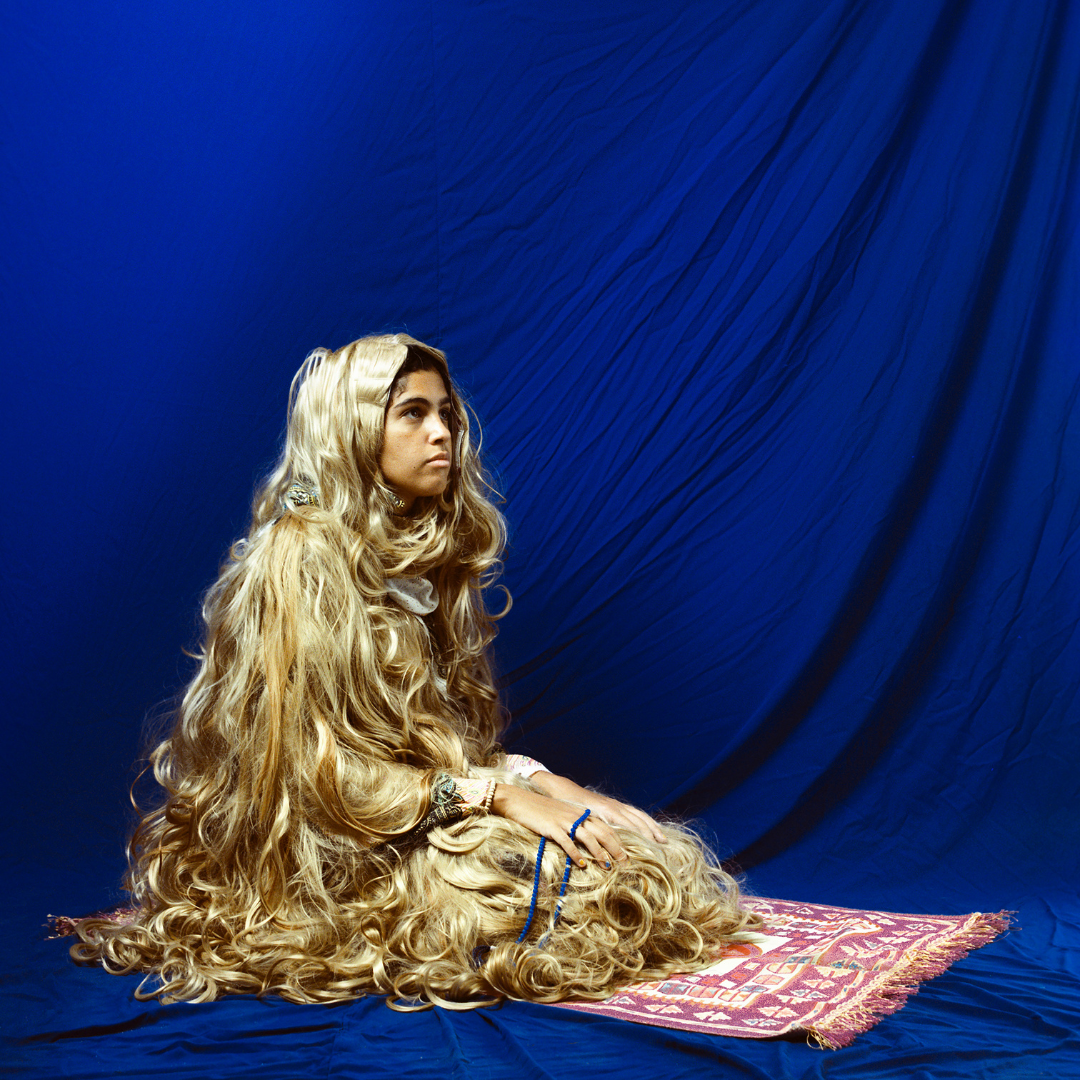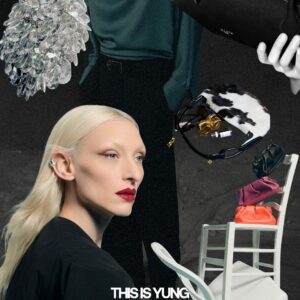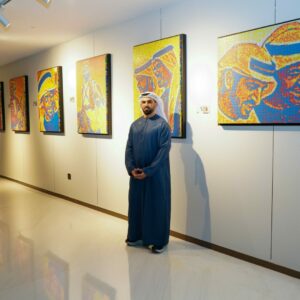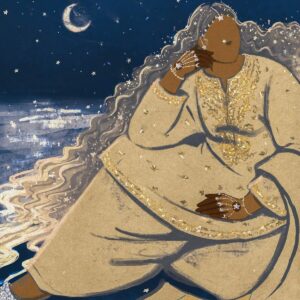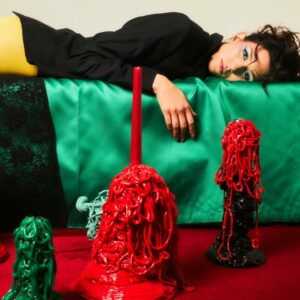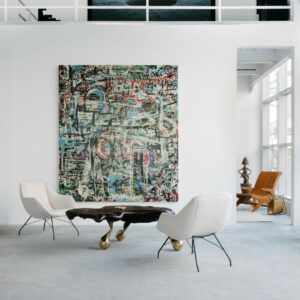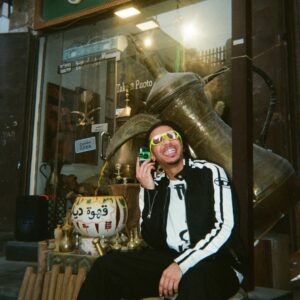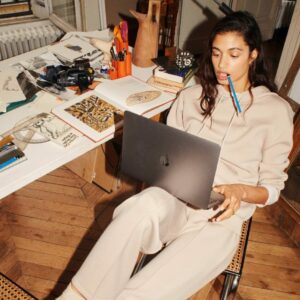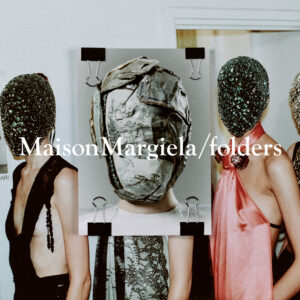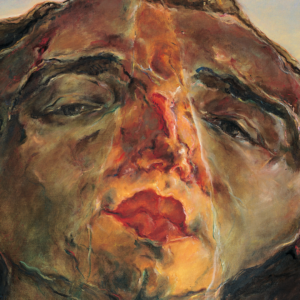Najla Said (Instagram) is an Egyptian visual artist whose photography delves into intimate, often ignored sides of Cairo to highlight the underlying dynamics within the complex structure of society.
What initially sparked your interest in photography?
My childhood was meticulously photographed and recorded by my dad, and later I always resorted to this archive when I struggled to remember. I think I just had this full trust and familiarity with the medium, so I started off photographing my friends as well.
In your photography, you often employ a personal and introspective lens. How does that serve as a catalyst for social change, especially in the context of Cairo?
I always start with first-hand experiences, or at least issues my closest friends and I discuss. I feel that I always seek to fill the gap for the representation I (or my friends) didn’t have. I think that’s how personal stories grow to be more universal and spark at least a tiny change within my own circle.

How do you balance sharing your personal experiences while also inviting viewers to connect with, and relate to, your work on a broader level?
I believe that living in a conservative society where everything is secretive, once someone shares their personal stories, it usually has a ripple effect. I believe a lot of things I suffer from, many people do too, so I usually hold on to a specific feeling instead of the experience I had. For example, shame is a universal feeling, and most specifically felt by those around me. In my latest project, Garden of Cairo, I asked people in Cairo to anonymously submit the coordinates of their sexual fantasies. If a location was hard to access, I would choose a discreet camera and therefore the whole style would change but then there’s a bigger chance a viewer will relate to how fast this image had to be taken.
What specific notions or messages about womanhood do you aim to convey through your artwork, and why is this theme of particular significance to you?
It’s particularly significant to me because living in Cairo means your ‘gender’ is impossible to detach from your identity, you’re constantly seen and judged based on how well you fit in your supposed gender. If anything, my projects are usually driven by the message that womanhood is not one thing, and I just aim to add more representation to what womanhood can look like (but never has to be).

Cairo is a city rich in history and cultural diversity. How does the city itself influence and inspire your artistic process?
The city itself doesn’t inspire me per se, but everything that it doesn’t clearly say, does. There’s a lot of underlying rage and friction within the city, and it’s hard to avoid. My projects are more about confronting that.
There’s a nostalgic feel in your photographs. How do you think nostalgia and looking at the past plays a role in delivering your message?
I guess it comes back to the fact that I was always told by my grandparents and those of their generation that the past was so much better, and it always made me feel like I was born in the wrong time. I think there’s a lot of glorification of the past, but I enjoy playing with that!
Imagine your artwork could come to life and interact with people. What kind of conversations or experiences do you think they would have with viewers?
This took some thought… I think they would cause a necessary discomfort one needs for growth, but they would be very open to endless, needed conversations and transparency.

Discover all the latest art news from the region, including interviews with creatives like Najla Said, on our Art & Culture pages.
